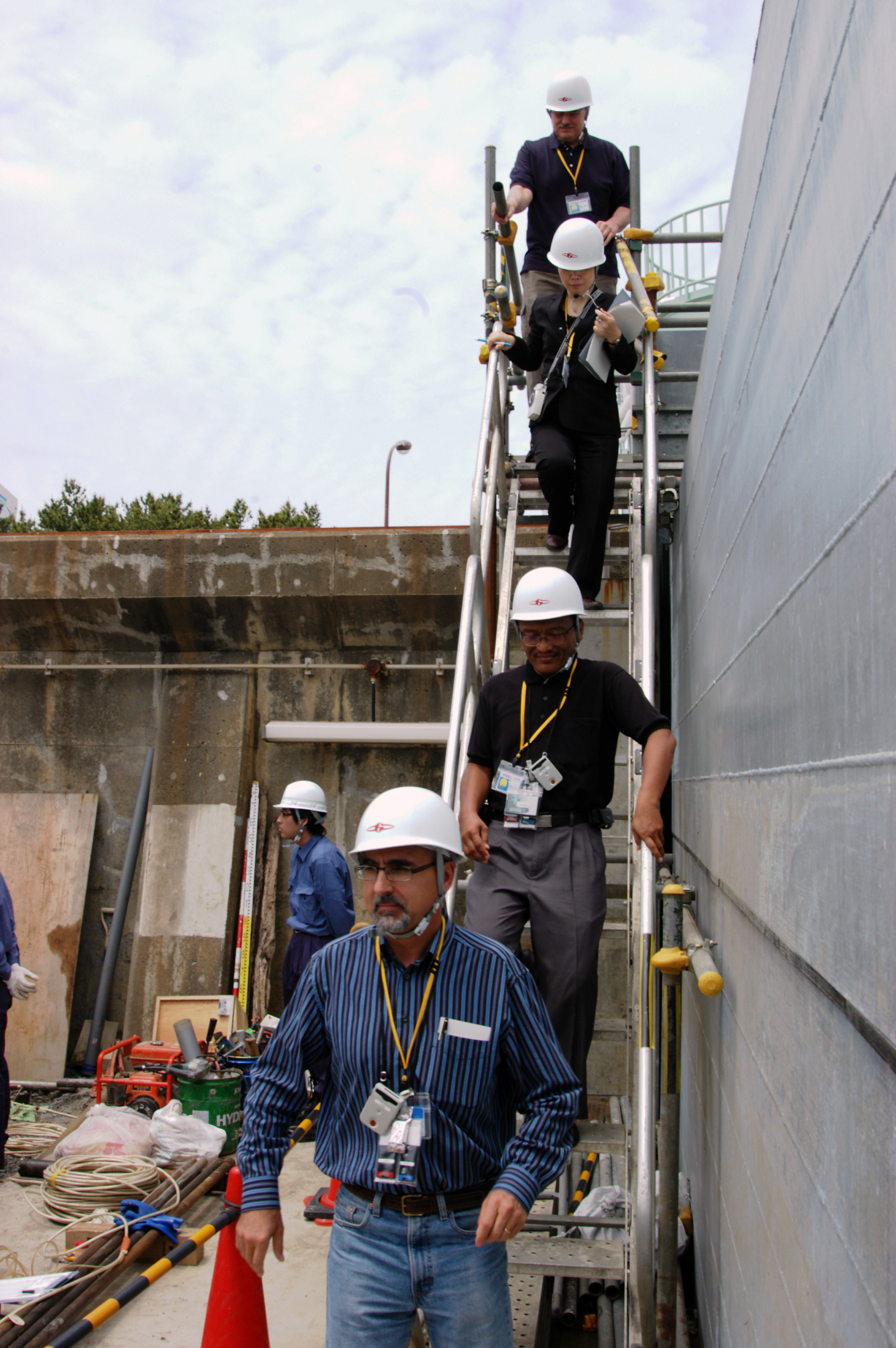When nuclear or radiological accidents happen, potentially threatening safety and livelihoods, the nuclear community is quick to respond and, longer term, to ensure lessons learned are implemented to strengthen and reinforce safety and prevent future accidents. The initial and ensuing response to the 2011 Fukushima Daiichi nuclear accident — from the local and national to regional and global levels — underscored the essence of this multifaceted response and cooperation found in the nuclear community. Next month, experiences and lessons learned from the accident, as well as achievements undertaken by national, regional, and international communities since, will be the focus of the International Conference on a Decade of Progress after Fukushima-Daiichi.
“International cooperation on nuclear safety is essential for adequate protection of workers, people and the environment, now and in the future,” said Borislava Batandjieva-Metcalf, Secretary of the United Nations Scientific Committee on the Effects of Atomic Radiation (UNSCEAR). UNSCEAR, which provides independent scientific evaluations and analyses of the impact of ionizing radiation, is among many partners with whom the IAEA regularly collaborates in the field of safety, as well as in the development of international safety standards.

